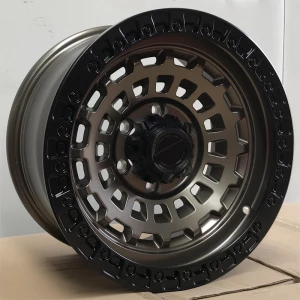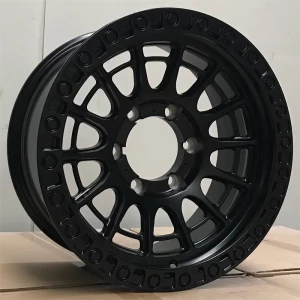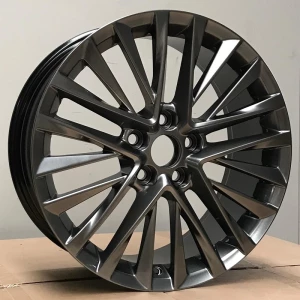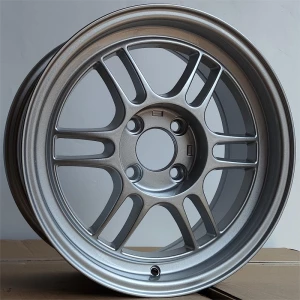Passenger Car Wheels: A Complete Guide for Buyers in 2025
When it comes to upgrading or replacing passenger car wheels, buyers often face challenges like quality assurance, pricing, and supplier reliability. This guide covers the essentials—from types and functions to sourcing strategies—helping you make the best choice for your vehicle.
How to Find Reliable Passenger Car Wheels from China in 2025
China remains a top hub for automotive parts, including passenger car wheels. To ensure reliability:
- Verify supplier certifications (ISO, IATF 16949).
- Request material test reports (alloy composition, hardness).
- Check OEM/aftermarket compatibility.
- Review Alibaba or Global Sources ratings (aim for Gold Suppliers).
Case study: A German auto retailer reduced defects by 30% after switching to a Zhejiang-based manufacturer with SGS-audited facilities.
What Buyers Should Know Before Buying Passenger Car Wheels from China
Key considerations:
- MOQs: Typically 50–100 units for custom designs.
- Lead times: 15–45 days for production + shipping.
- Cost factors: Alloy type (e.g., A356.2 aluminum), finish (painted/machined), and diameter (16"–22" most common).
Types of Passenger Car Wheels
1. Alloy Wheels: Lightweight, heat-dissipating (common in sedans).
2. Steel Wheels: Durable, cost-effective (often for winter/taxis).
3. Forged Wheels: High strength-to-weight ratio (premium vehicles).
4. Multi-Piece Wheels: Customizable (tuner market).
Functions and Features of Passenger Car Wheels
Critical roles include:
- Load-bearing (supports 1.5x vehicle weight).
- Impact resistance (tested per JWL/VIA standards).
- Aerodynamics (spoke designs affect fuel efficiency by up to 3%).
Scenarios of Passenger Car Wheels
Usage varies by need:
- Urban commuting: 16"–18" alloy wheels balance comfort and style.
- Off-road: Reinforced steel wheels with bead-lock options.
- Luxury cars: 20"+ forged wheels with diamond-cut finishes.
How to Choose Passenger Car Wheels
Follow this checklist:
- Match PCD (bolt pattern) and offset to your vehicle.
- Prioritize TÜV/JWL-certified wheels for safety.
- Compare weight—lighter wheels improve acceleration.
- Opt for corrosion-resistant coatings if in coastal areas.
Passenger Car Wheels Q & A
Q: How long do passenger car wheels typically last?
A: 5–10 years, depending on material and maintenance. Alloy wheels last longer than steel in corrosive environments.
Q: Can I install larger wheels than my car’s original size?
A: Yes, but consult your manual for max allowable diameter to avoid speedometer errors or suspension damage.
Q: What’s the price range for quality wheels from China?
A: $80–$400 per unit (alloy), with bulk discounts for 100+ orders.
Q: How to spot counterfeit wheels?
A: Check for uneven weight distribution, missing certifications, or suspiciously low prices (below $50/unit).
Q: Are Chinese wheel brands reliable?
A: Top manufacturers like CITIC Dicastal supply global automakers—always verify certifications.













-568.jpg_300x300.webp)































